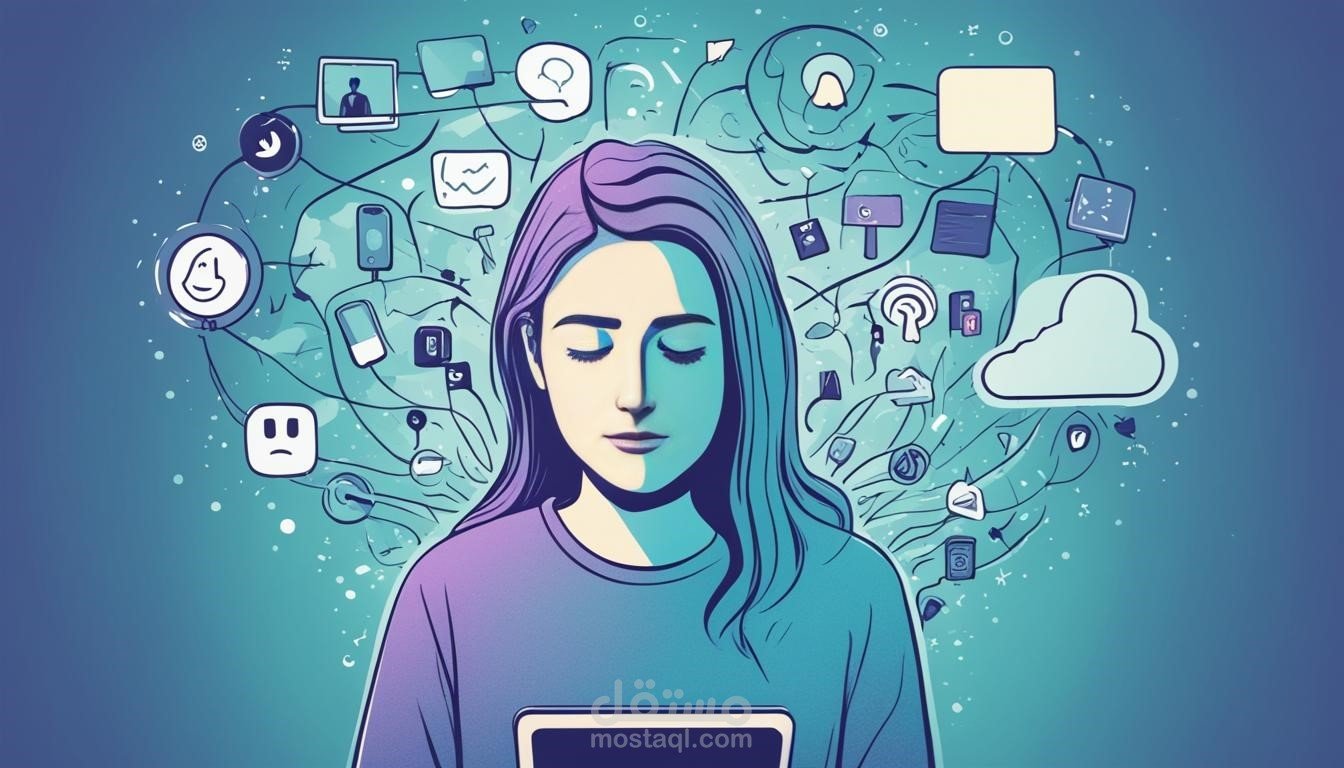Mental health has become a critical issue in the 21st century, particularly as technology and social media reshape daily life. Anxiety, depression, and stress-related disorders are on the rise, affecting people across all age groups.
The Impact of Technology
Digital devices provide convenience but also contribute to mental strain. Excessive screen time, social media comparisons, and constant notifications can disrupt sleep patterns and trigger anxiety. According to a 2023 Pew Research study, 59% of adults reported feeling overwhelmed by digital connectivity.

Vulnerable Populations
Young people are particularly susceptible. High school and college students often face academic pressure amplified by social media exposure. Remote work, while convenient, has also increased feelings of isolation among adults, blurring boundaries between work and personal life.
Strategies for Coping
Experts suggest a combination of personal habits and professional support. Mindfulness, physical activity, and scheduled digital detox periods can improve emotional resilience. Teletherapy and mental health apps provide accessible counseling options, allowing individuals to seek help even in remote areas.
Policy and Community Efforts
Governments and NGOs are stepping in to address mental health challenges. Schools are incorporating counseling programs, workplaces are offering employee wellness initiatives, and public awareness campaigns are breaking stigmas around seeking help.
Conclusion
While the digital age presents mental health challenges, it also offers tools for intervention and support. Balancing technology use with human connection, professional care, and community awareness can create a healthier, more resilient society.